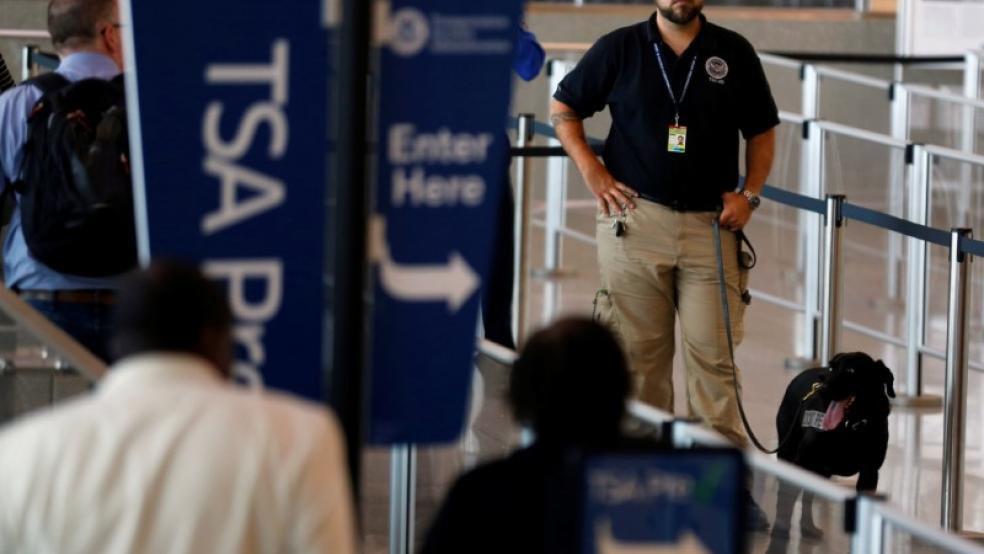MEXICO CITY (Reuters) - Mexico is in talks with the United States on whether to allow U.S. federal air marshals to travel with Taser stun guns on cross-border flights with U.S. airlines, National Security Commissioner Renato Sales said in a TV interview on Tuesday.
Sales' comments come the day after Reuters exclusively revealed that Mexico and the United States were looking into an agreement that could allow armed U.S. federal air marshals to be deployed on commercial cross-border flights.In his interview with broadcaster Televisa, Sales said no memorandum of understanding had been signed with the United States, adding that talks to allow U.S. federal marshals in Mexico stretch back years."They would only be on commercial (U.S.) flights, on (U.S.) airlines, not on Mexican airlines," he said. "But it's still not finalized... we're still in talks."Mexico has been trying to prove itself a good ally to the United States in the hopes this will help its efforts to renegotiate the North American Free Trade Agreement (NAFTA) in terms that are as favorable as possible.Quizzed by ruling party lawmakers on Tuesday, Foreign Minister Luis Videgaray denied the air marshals were critical to the fraught trade talks."I can assure you that we're not going to negotiate NAFTA in exchange for the air marshals," he said.Videgaray will visit Washington on Wednesday and is scheduled to meet with White House Chief of Staff John Kelly and Jared Kushner, a senior presidential adviser, the foreign ministry said in a statement late Tuesday.The meetings will focus on immigration, security and trade issues, the statement added. Reuters reported on Monday that the hardest part of the air marshals negotiations would center on allowing U.S. officials to carry arms, given that the use of weapons by foreigners in Mexico is sensitive and tightly regulated.An official document seen by Reuters that mentioned the plan to possibly deploy air marshals said the two countries also seek to negotiate a maritime drug seizures treaty as well as deepen efforts to eradicate opium and marijuana plantations.Sales said he understood that the U.S. federal air marshals would carry stun guns, not lethal weapons, and said they would be undercover, but did not give any further details. It was still not clear if the air marshals would fly on just U.S.-bound flights, Mexico-bound flights, or both.The U.S. Department of Homeland Security (DHS) places sharp-shooters on certain domestic and international commercial flights to and from the United States to prevent militant attacks.The foreign ministry has pushed hard to defend NAFTA ahead of a July 2018 election in which the ruling Institutional Revolutionary Party (PRI) is currently polling third.Mexico, Canada and the United States are currently engaged in talks to reshape NAFTA, a lynchpin of the Mexican economy that Trump has threatened to abandon. (Reporting by Gabriel Stargardter; Additional reporting by Lizbeth Diaz; Editing by David Gregorio and Lisa Shumaker)Mexico may allow U.S. air marshals to use stun guns on flights

MIKE BLAKE



